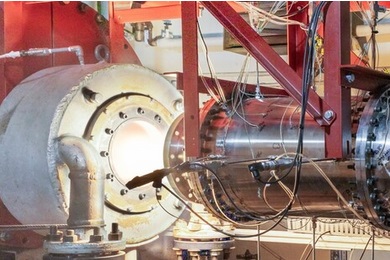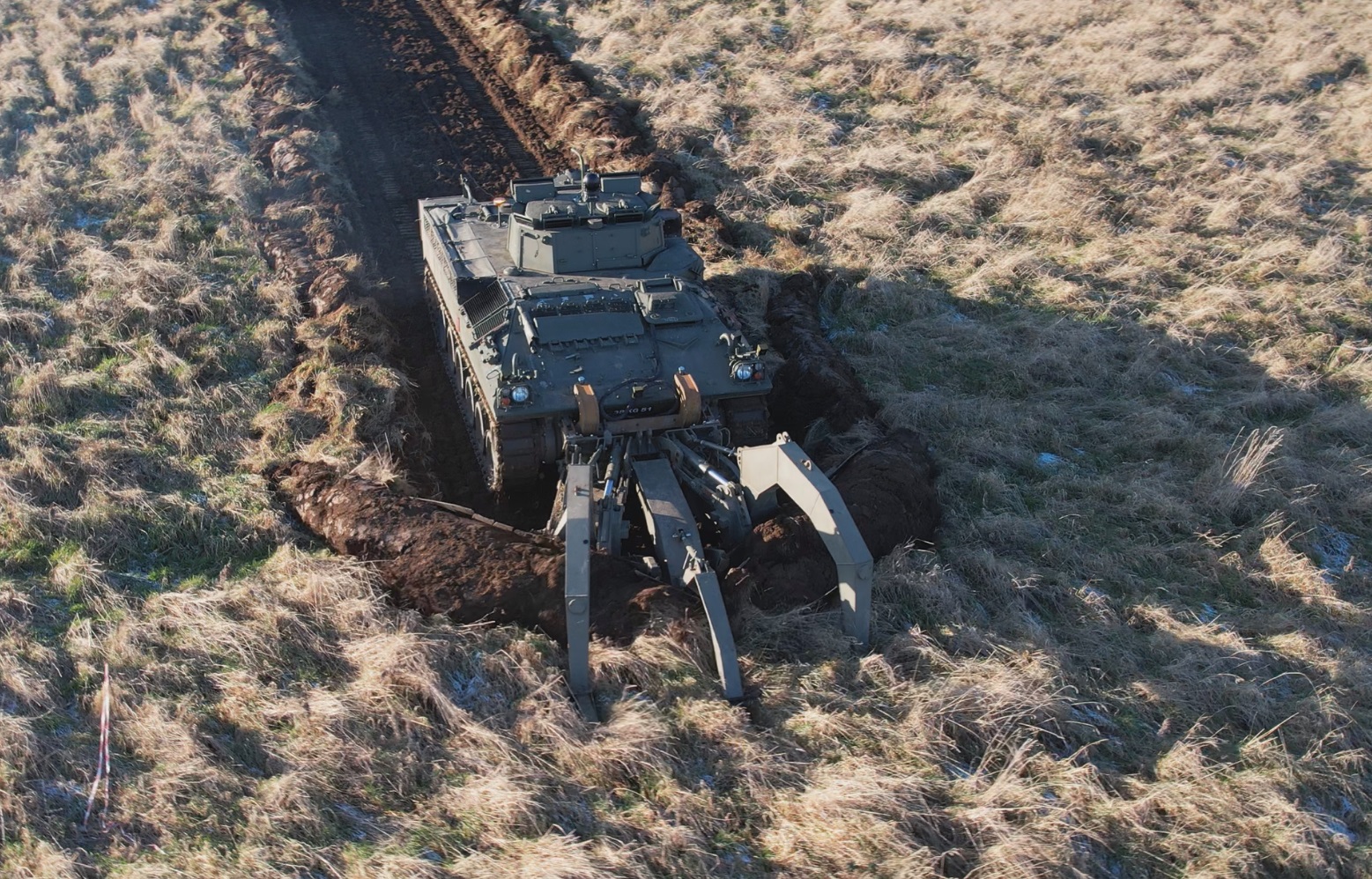Radway Green modernisation to improve munitions delivery

Above: Peter Luff addressing the workforce. Courtesy BAE Systems
It will have 50% greater capacity than the existing factory and will be much more energy-efficient. One hundred and fourteen machines are being purchased or refurbished for the new facility, which will be fully operational in 2013. Radway Green small arms ammunition is already regarded as among the best in the world and the new plant will improve quality still further.

Courtesy BAE Systems
The modernisation of the Radway Green site is part of a £206m drive to overhaul the UK’s three major World War II vintage munitions plants, owned by BAE Systems.
The investment in the new plants is due to a 15-year £2bn partnering agreement called MASS (Munitions Acquisition - the Supply Solution), signed in August 2008 between the UK Ministry of Defence (MoD) and BAE Systems.
Above: The Radway Green design. Courtesy BAE Systems
The agreement commits the MoD and BAE Systems to working together and has proven a great success. Radway Green has more than doubled ammunition production since 2005, while at the same time meeting every major milestone in the drive to transform the factory. This echoes similar developments at Washington in the North East and Glascoed in South Wales, where production has been increased whilst facilities have been undergoing major change.
Charlie Blakemore, managing director of BAE Systems Global Combat Systems, said: “The secret behind the success of MASS is partnering. By working closely together we are becoming more efficient. We are also rolling out the principles to key suppliers to streamline production still more.”
The Office of Government Commerce said of MASS in a June report: “There is hard evidence that partnering is facilitating the swift resolution of production problems and generating innovation in process and products.”
MASS guarantees the MoD ceiling prices for ten years and includes incentives to make savings, which will be shared between the MoD and BAE Systems. There are penalties for under-performance. It also provides for the development of new, better-performing and safer munitions.
The improved munitions plants will result in energy savings of 18,000 tonnes of CO2 emissions a year, equivalent to the carbon footprint of 1,500 UK citizens.












